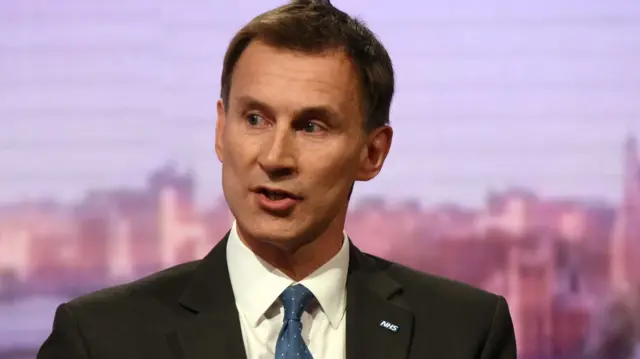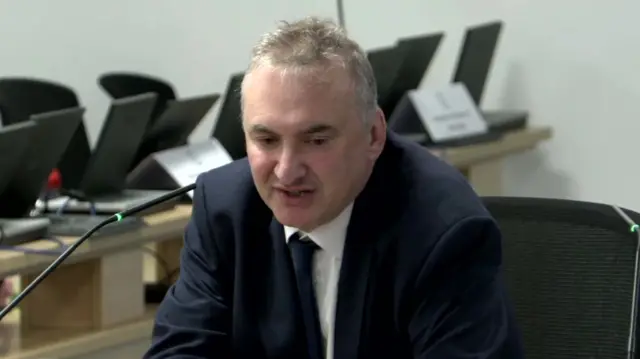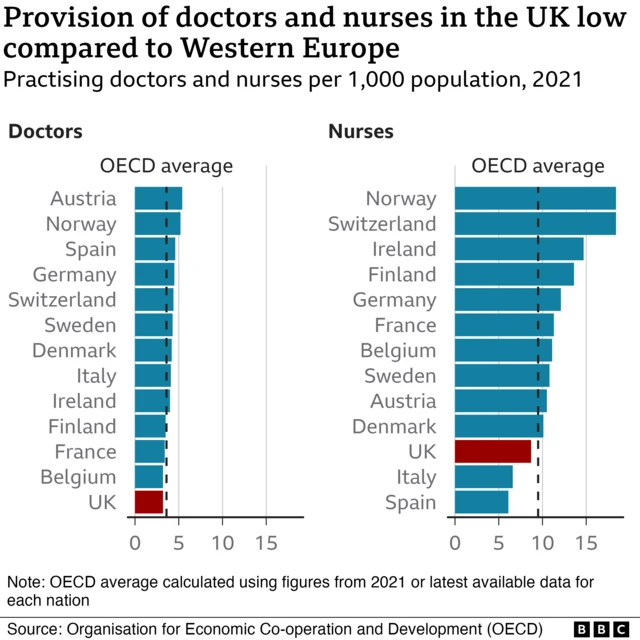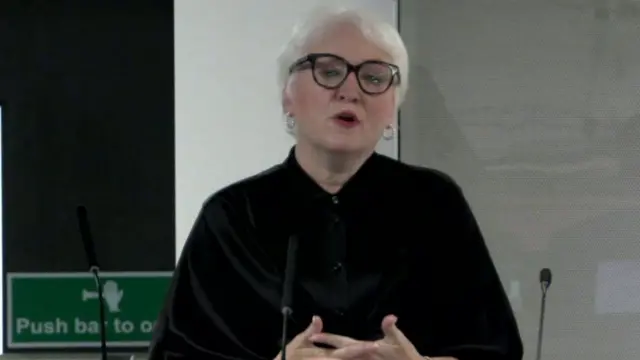Widespread, devastating, deadly - Keith KC on non-influenza pandemicpublished at 15:15 BST 19 June 2023
Hugo Keith KC references the 2019 National Risk Assessment document.
He says: "The non-influenza virus will react and be apparent in just the same way as an influenza pandemic.
"Widespread, devastating, deadly. But that is simply not on the face of this page is it? Is it on any page Sir Christopher that you know of?"
Sir Christopher Wormald says he is not sure he's explaining himself well, but "that is in the pandemic scenario.
"If you look at the types of diseases discussed in this risk... they all were contained in the HCID (high consequence infectious diseases) category."







